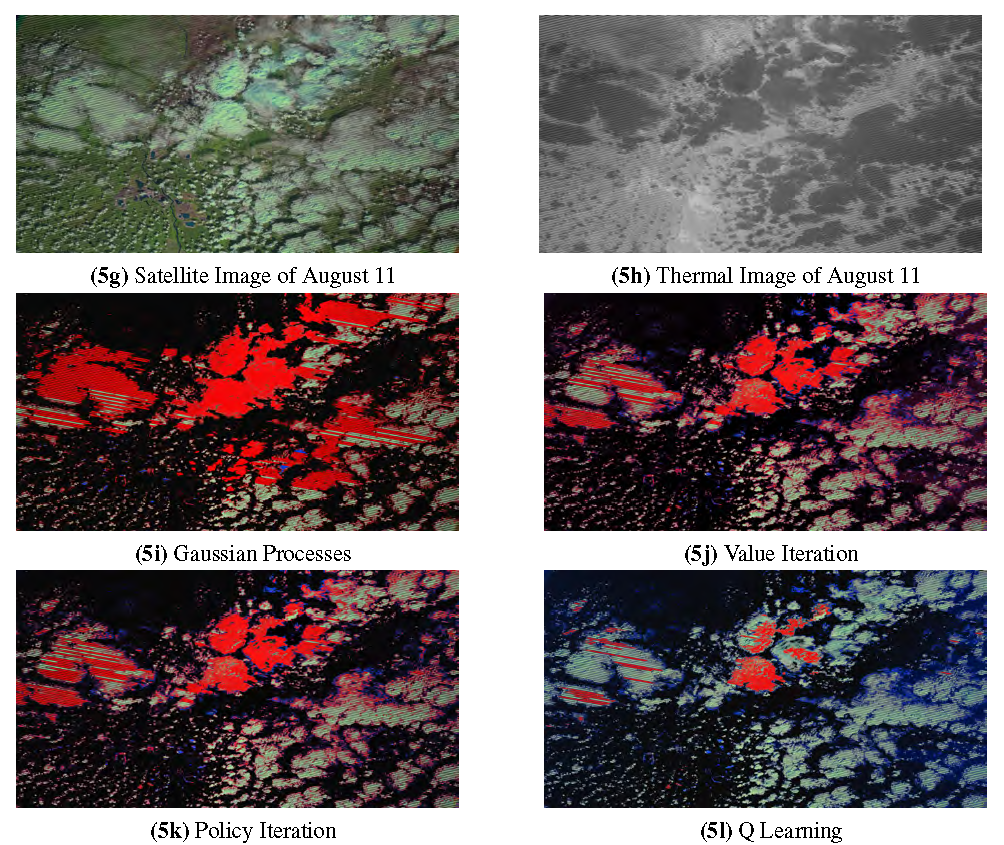Presentation Date:
Location:
Further Location Info: Seminar Location Information here.
Abstract: Deep Learning algorithms are being applied daily in ever more challenging domains, however in areas of huge societal importance such as ecology, sustainable resource management and environmental modelling, the analytical methods being used have not always caught up with the recent Deep Learning revolution. This is not surprising new methods are hard to master but also because these domains place very high demands on confidence and robustness that AI researchers rarely face with simpler validation domains. In this talk I will provide a window into this situation by looking at forest wildfire management as a case study of a rich domain where some work has been done but huge opportunities remain. Existing forest wildfire spread models are complex manual constructions that are struggling to adapt to changing climate as well as changing attitudes towards forests.
 What is needed are more adaptive models which fuse human experience, experimental data as well current satellite, aerial, weather and other data. Given the recent phase shift in the intensity of forest wildfires around the world, the urgency is increasing for more responsive predictive models and more powerful decision making tools. I will review the few machine learning approaches that have been applied to this important task and present some of our own work on using Deep Reinforcement Learning to learn fire spread prediction models directly from satellite imagery and simulations by treating fire as the agent that is choosing where to spread.
What is needed are more adaptive models which fuse human experience, experimental data as well current satellite, aerial, weather and other data. Given the recent phase shift in the intensity of forest wildfires around the world, the urgency is increasing for more responsive predictive models and more powerful decision making tools. I will review the few machine learning approaches that have been applied to this important task and present some of our own work on using Deep Reinforcement Learning to learn fire spread prediction models directly from satellite imagery and simulations by treating fire as the agent that is choosing where to spread.
This "learning of an agent-based model" approach could also apply to prediction and decision making for other instances of spatially spreading processes such as infectious disease and invasive species. Sustainability and environmental domains provide a great opportunity for the AI/ML community to step up and find solutions that will make a real difference to the lives of many people and the health of ecosystems.
